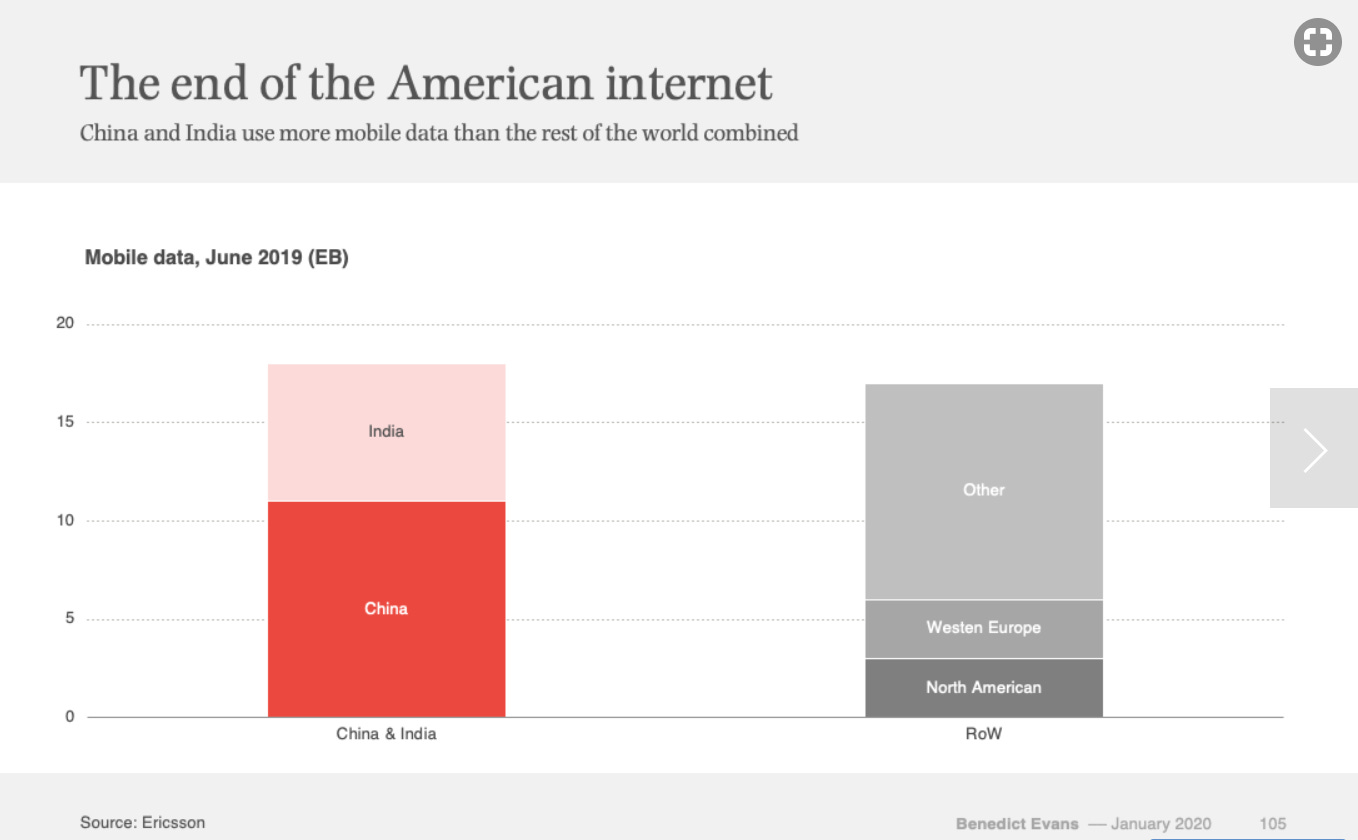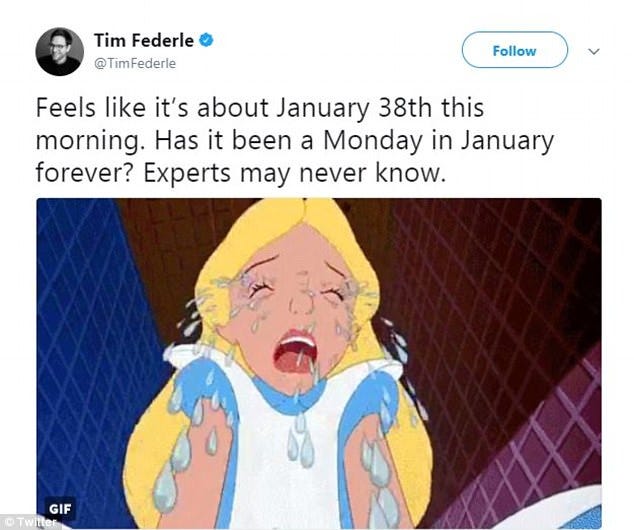I’ve decided to start a new thing and share my monthly notes & thoughts publicly. This is mostly a hodgepodge of what I’m thinking about (crypto, tech and beyond) and a way for me to capture what caught my eye. Not sure if I’ll keep this format but here’s the first take. I was inspired by Nadia, whose monthly emails I discovered last year and so enjoy reading. My motto for 2020 is to spend more time creating, than consuming. Let’s see how this goes!
What I’ve been reading:
Uncanny Valley by Anna Weiner
It feels like my twitter feed has been buzzing about Anna Wiener’s first book Uncanny Valley, which takes a good hard look at the tech-y culture of San Francisco in recent years. I was surprised to find the book’s most vulnerable or gasp-inducing scenes felt quite...familiar? Normal? Not sure when, but after two years in the Bay, it seems I’ve assimilated to the wacky culture people seem to love out here. Anna’s take on the tech industry is refreshing and full of candor. I particularly enjoyed excerpts like these, highlighting aspects of the city that are both revered and mocked, simultaneously:

Have you ever wondered what it would take to achieve ‘Ready Player One’ status in our world today? Matthew does an incredible job quantifying and piecing together this idea of the “Metaverse” and what the building blocks may look like in the future. As a quick summary - here are key points from the article:
Some of the common qualities of what a metaverse include: being live and real-time, having no “end” but rather a series of concurrent participation where people can gather at a “place” or “event” -- think Ready Player One.
The Metaverse is not simply a virtual reality or virtual world, but rather an entirely new gateway for digital experiences and potential to be the next labor platform
A Metaverse may look more like video games or conference, rather than fitting into the existing internet infrastructure (one server talking to another server rather than a shared state)
Onramps for these worlds may look like an Epic (with Fortnite and Unreal gaming engine) which facilitates these peer-to-peer worlds and interactions. Other major contenders could be Facebook (for its userbase and user content) or Amazon (infrastructure and place where the internet “buys stuff”) or Google (indexes and monetizes ALL internet data). But maybe, it will only result from these entities working together in some way
My initial questions upon reading this article was concerning internet governance, identity, and privacy. We are moving deeper into a world of internet and tech regulation. But unlike public infrastructure supported by the government, the internet has largely been maintained by a combination of private corporations and open source projects. In some ways, open-source code and companies are the analogy to “public infrastructure” like roads and schools. But as the world’s most valuable companies move from the physical to digital, they are effectively acting as the masterminds of the internet. This current balance of powers is beginning to show its colors to the world as data privacy, cybersecurity and misinformation bubbles up in conversations. What does the current dichotomy suggest about a metaverse-style future? How will a world where people go about their lives in a “digital place” be governed and who gets to decide those rules? What role could crypto networks play, for coordination, value transfer or otherwise? Something I hope to explore further this year.
Standing on the Shoulders of Giants | Benedict Evans
The questions around regulating internet giants are a mindf**k. I thoroughly enjoyed Benedict Evan’s annual report, this year titled, “Standing on the Shoulders of Giants,” which highlights regulation in tech as the next big conversation. I loved this slide - which highlights how a simple question like market share can have so many answers. Regulation is a complex topic, but with every new wave of tech, regulation becomes inevitable.

Regulation comes down to which problem are you trying to solve. In tech this could mean bad actors using technology, tech companies hurting their end-users, or tech companies stifling commerce? How do you break up tech and to what end? What do we actually want in the end? Moderation? Trustworthy information? Security and privacy? What are the tradeoffs involved with each solution and how do they differ across types of platforms?
Perhaps most importantly, what does this mean in a world where everyone is online, not just America. The internet is dominated by China and India. How do tech giants evolve in a world where they play across multiple regulatory jurisdictions, not just their homebase?

What I’ve been thinking about:
Instant gratification vs. marathoning

Nikita tweeted about this new trend earlier this month, and someone responded spot on. “It’s focus. Attention is scarce.” I need this tattooed on my hand. I’ve been trying to focus on a few things and get into the habit of doing them well, as opposed to many things, done not so well. For example, one of my goals is to get back to making art, something I truly love doing (regardless of how bad I might be ha!) and find therapeutic. They say it takes ~30 days to build a habit and I was eager to see if this was going to hold true in my instance. At the end of the month, I’ve been both surprised and satisfied with how much I look forward to drawing almost daily and the improvement I’m seeing in myself. Knowing that I can stick to something for 30 days and see results, feels awesome in a world where instant gratification rules.
Demographics, not geographics

With most of the world’s population on the internet, demographic profiles could start to matter more, as the physical geographic lines start to matter less and less. Instead, people’s online affiliations and online behavior, in part driven by their age, may matter more. For fintech in particular, I think this will start to be increasingly important. The bar for ease of use, speed, cost and that extra *thing* keeps getting raised with a generation who spends the majority of their time online. Financial services is one market that just hasn’t seen the same explosion generational consumer branding, that almost every other industry has experienced. But I think that’s about the change - particularly when you add digital assets (e.g., things like bitcoin) into the mix.
Monthly Mood

January was a tough month for the world. It felt challenging to be in a good optimistic headspace with the Australian bush fires, Iran issues, Coronavirus, and of course Kobe. I am so ready for February.


